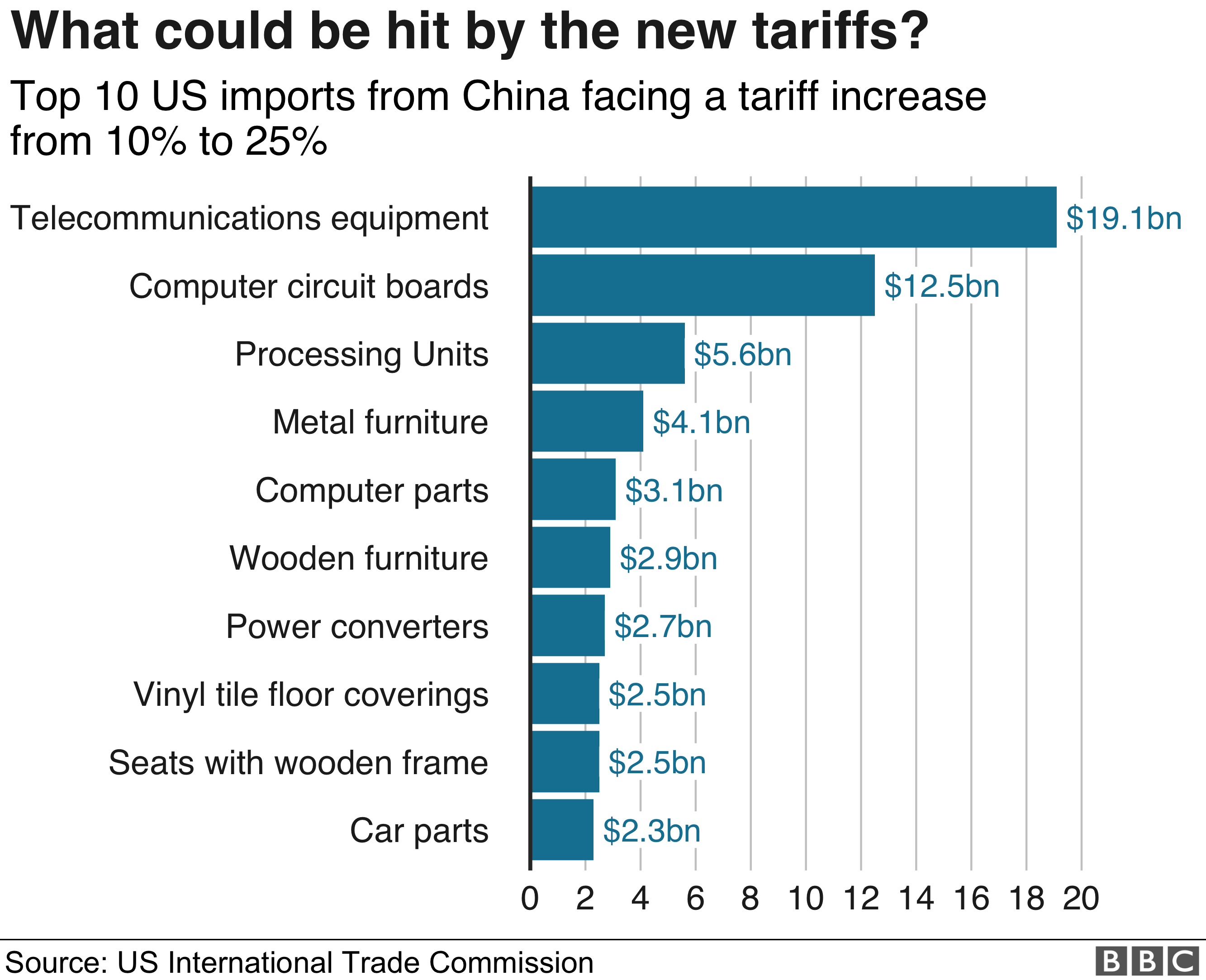Broadcom's VMware Deal: An Extreme Cost Increase For Businesses

Table of Contents
The Potential for Price Hikes on VMware Products and Services
Broadcom's acquisition of VMware has ignited considerable apprehension regarding future pricing. Broadcom's history of cost-cutting measures and aggressive pricing strategies raises serious questions about the future cost of VMware products and services. This section explores the potential for price increases across VMware's extensive product portfolio.
-
Broadcom's History: Broadcom has a track record of optimizing for profitability, often through cost-cutting and price adjustments. This history suggests that VMware's pricing structure could be significantly altered post-acquisition.
-
Impact Across the VMware Portfolio: We can expect potential price increases across VMware's key offerings, including:
- vSphere: The core virtualization platform, likely to see increased licensing fees.
- vSAN: VMware's software-defined storage solution could experience higher subscription costs.
- NSX: The network virtualization platform may see elevated pricing for its advanced features.
- Other Products: This includes Workspace ONE, Cloud Foundation, and other VMware solutions, all potentially subject to price increases.
-
Existing Customers: Businesses currently using VMware products face the significant challenge of absorbing these potential price hikes. Long-term contracts might not shield businesses entirely, and renewal negotiations could prove more costly.
-
Maintenance and Support: Maintenance and support contracts are another area where increases are highly probable, adding extra strain to already tight IT budgets. This will impact the total cost of ownership (TCO) for VMware deployments.
-
Large VMware Deployments: Organizations with large-scale VMware deployments will bear the brunt of these cost increases, potentially facing substantial budget overruns.
Reduced Innovation and Competition in the Virtualization Market
Broadcom's acquisition of VMware significantly reduces competition in the virtualization market, raising concerns about innovation and the overall health of the industry. This consolidated power could stifle innovation and limit choices for businesses.
-
Reduced Competition: With Broadcom's control over VMware, the market's competitive landscape has dramatically shifted. The lack of significant competitors could lead to complacency and slower innovation cycles.
-
Impact on Innovation: Without the pressure of competition, there's a risk that VMware's pace of innovation might slow down. The development of new features and updates may become less frequent or less impactful.
-
Anti-Trust Concerns: The acquisition has drawn scrutiny from regulatory bodies worldwide. Anti-trust investigations are underway to assess the deal's impact on competition and consumer choice.
-
Open-Source Alternatives: The reduced competition and potential price increases might accelerate the adoption of open-source virtualization solutions like Proxmox VE, oVirt, and others. These alternatives offer a potentially cost-effective way to escape vendor lock-in.
-
Long-Term Consequences: The long-term effects of decreased competition could lead to higher prices, less innovation, and reduced flexibility for businesses seeking virtualization solutions.
Strategic Implications for Businesses Using VMware
The Broadcom-VMware deal necessitates a strategic reevaluation of IT infrastructure and spending for businesses heavily invested in VMware's ecosystem. Proactive planning and consideration of alternatives are crucial.
-
Preparing for Price Increases: Businesses should proactively incorporate potential VMware price increases into their future IT budgets and financial forecasting.
-
Cost Optimization Strategies: Review existing VMware deployments to identify areas for cost optimization and efficiency improvements. This includes consolidating virtual machines and optimizing resource allocation.
-
Exploring Alternative Solutions: Investigate alternative virtualization and cloud solutions to assess their viability as potential replacements or complements to VMware. This includes cloud providers like AWS, Azure, and GCP.
-
Long-Term IT Planning: The acquisition highlights the need for robust long-term IT planning. Businesses need to adapt to changing market dynamics and avoid being locked into expensive, inflexible solutions.
-
Risk Mitigation: Businesses heavily reliant on VMware need to conduct thorough risk assessments and develop strategies to mitigate the potential impact of price hikes and reduced innovation.
Budgetary Impacts and Planning for the Future
The financial implications of the Broadcom-VMware deal are significant, requiring careful budgetary planning and cost management.
-
Incorporating Price Increases: Budgeting for potential VMware price increases requires a proactive and conservative approach. Estimate the potential impact on your IT budget and allocate funds accordingly.
-
Maximizing ROI: Strategies to maximize the return on investment from existing VMware deployments should be implemented. This may involve optimizing resource usage, automating tasks, and improving efficiency.
-
Tracking and Managing Expenses: Implement robust systems for tracking and managing all VMware-related expenses, enabling better control and cost visibility.
-
Proactive Planning: The key to managing the potential impact of this acquisition is proactive planning and a willingness to adapt IT strategy as needed.
Conclusion
The Broadcom-VMware deal presents significant challenges for businesses, particularly regarding escalating costs. The potential for substantial price hikes, reduced innovation, and increased market concentration necessitates proactive planning and a careful evaluation of IT strategies. The impact on business budgets and overall IT spending needs to be carefully considered and proactively addressed.
Don't get caught off guard by the anticipated cost increases associated with Broadcom's VMware acquisition. Begin evaluating your VMware strategy now and exploring alternative solutions to mitigate the potential impact on your business. Prepare for the future of VMware and protect your bottom line. Understanding the potential price increases and the implications for your IT budget is critical for successful navigation of this changing landscape.

Featured Posts
-
 Selena Gomez And Benny Blancos Baby Plans What We Know
May 12, 2025
Selena Gomez And Benny Blancos Baby Plans What We Know
May 12, 2025 -
 Celtic Guard Payton Pritchard Named Nba Sixth Man Of The Year
May 12, 2025
Celtic Guard Payton Pritchard Named Nba Sixth Man Of The Year
May 12, 2025 -
 How To Watch The Grand Slam Track Kingston A Complete Guide
May 12, 2025
How To Watch The Grand Slam Track Kingston A Complete Guide
May 12, 2025 -
 Investigating The Impact Trumps Tariffs And The Small Business Sector
May 12, 2025
Investigating The Impact Trumps Tariffs And The Small Business Sector
May 12, 2025 -
 Tennessee Volunteers Rout Indiana State Sycamores 12 1
May 12, 2025
Tennessee Volunteers Rout Indiana State Sycamores 12 1
May 12, 2025
